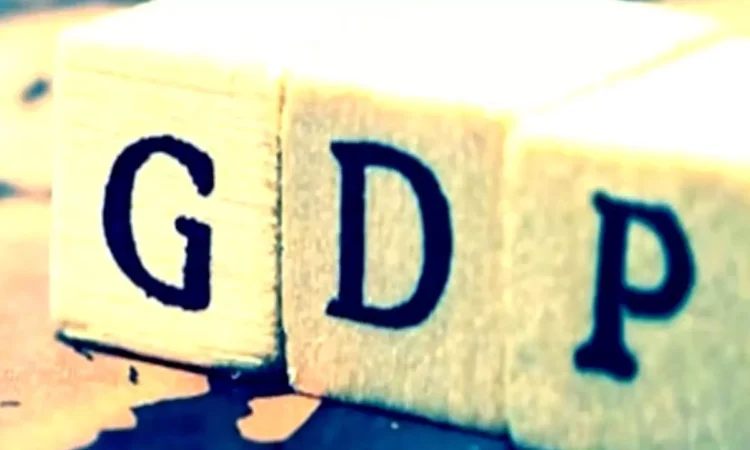German economic institutions cut their GDP projection for 2024 to 0.1%
Leading German economic institutes revised down their earlier estimate of 1.3% growth in 2024 to 0.1%, citing high interest rates, poor global demand, and political unpredictability as obstacles to a larger recovery.

The institutions lowered their prior 1.5% prediction for the gross domestic product (GDP) to 1.4% in 2025. “The overall momentum will not be too strong, although a recovery is likely to set in from the spring,” according to Stefan Kooths, director of economic research at the Kiel Institute for the World Economy (IfW).
According to the institutions’ six-monthly joint economic prediction, Germany’s productivity has remained stagnant since the epidemic, therefore the country’s economic production is today just marginally greater than it was previously. “There have recently been more headwinds than tailwinds in the domestic and foreign economies,” said the research.
Despite increased global economic activity, German exports decreased, mainly due to a lackluster demand for capital and intermediate products—both of which are crucial to Germany—and a reduction in the country’s ability to compete on price for energy-intensive items. According to economic analysts, corporate investment was likely to stay around the 2017 level even with the anticipated upturn in the next year, as uncertainty surrounding economic policy continued to weigh on it.
PRIVACY IS THE ESSENTIAL DRIVER The institutions predicted that in the present year, private consumption will overtake export growth as the primary engine of the economy in the next year.
Lower inflation could help private spending; German inflation was predicted to drop to 1.8% in 2025 and 2.3% in 2024. According to the institutions, a healthy labor market would also encourage consumption. It was anticipated that unemployment would only marginally increase before declining once again in the spring.
The unemployment rate was probably 5.8% for the whole year, then it dropped to 5.5% the next year. Good news for salaries in this stable labor market was that real wages would rise throughout the projected period, offsetting the declines from 2022 and the first half of 2023, according to the analysis.
It was anticipated that the inflation rate will not return to its pre-dramatic peak until the second quarter of 2025, having finally peaked around the end of 2021. The Ifo, DIW, IWH, IfW, and RWI joint forecasts are included by the economics ministry into its own projections.
The German government’s most recent estimate for economic growth this year is 0.2%, far lower than its earlier prediction of 1.3%.






